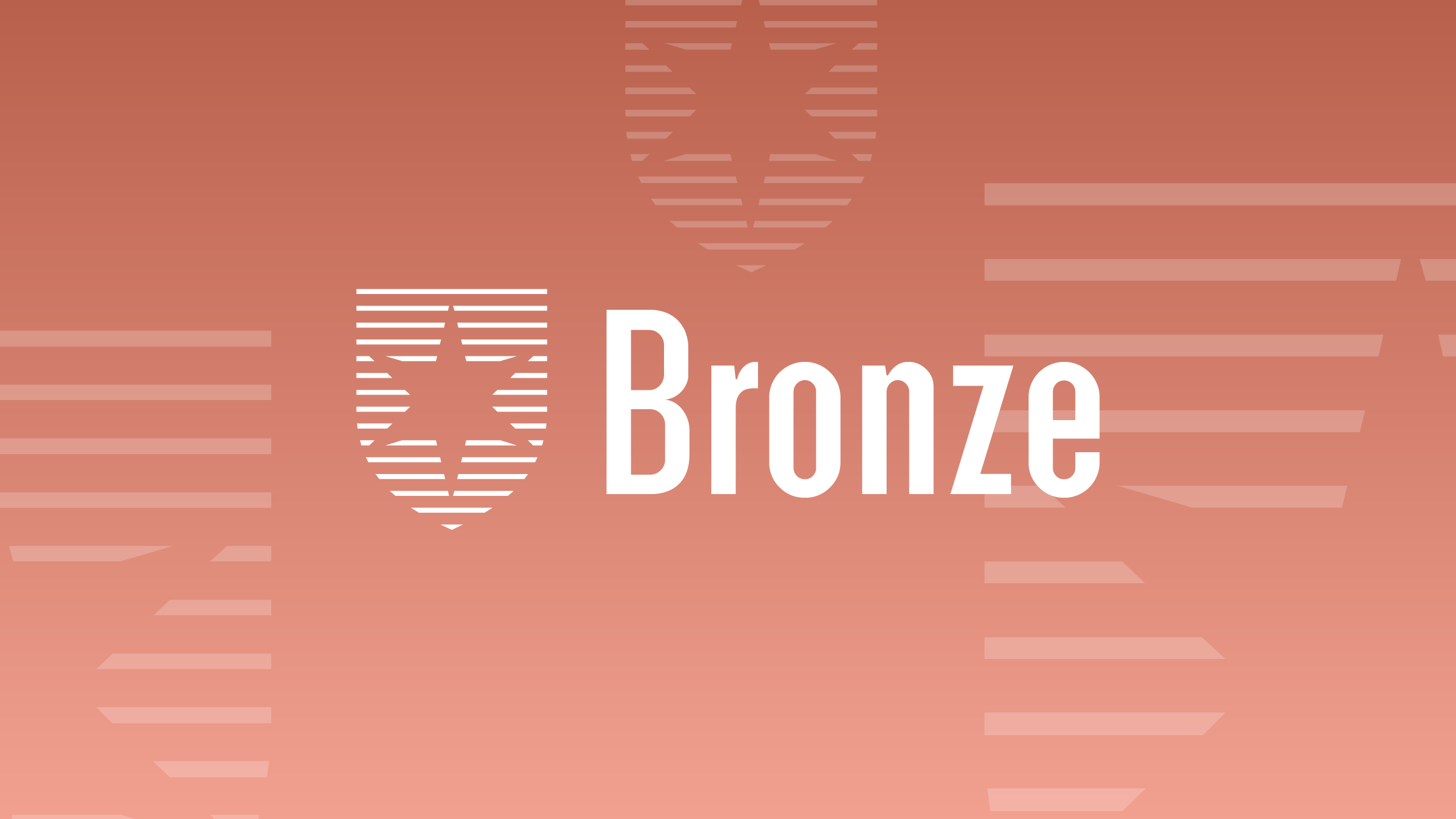While Europe is beset with macroeconomic problems that are particularly acute in the peripheral parts of the region, that doesn't mean there's a lack of potentially winning stocks. For David Hussey, who oversees the $16-million Manulife European Opportunities, there are numerous possibilities.
"Up to six months ago, we had no Spanish or Irish or Greek equities," says Hussey, the head of Europe Australasia Far East (EAFE) equities with Manulife Asset Management (Europe) Ltd., in London, England. "We've been bearish on the European experiment (with economic union). The UK has fortunately stayed out of this and the Brits are a bit more circumspect about the loss of sovereignty required to make it work."
A bottom-up investor who tends to follow a growth-at-a-reasonable-price style, Hussey is sector-neutral and looks for the most attractive stocks in each sector. The core of the fund, about 75% by weight, is comprised of companies that have strong franchises. Equally important, Hussey adds, many are "truly global businesses. Very few are plays on domestic Europe."
Prominent holdings in the 50-name fund are Ericsson LM, Bayer AG and Unilever NV. "They have an economic moat around them. Classic Buffett-like situations: good growth and attractive valuations," says Hussey. The remaining 25% is split between value and special situations.
The latter weighting is represented by some Irish and Portuguese stocks. Yet they are not domestic plays, Hussy reiterates. "The domestic economies in those regions will be in recession, if not depression, for many years."
One recent acquisition is Dublin-listed CRH PLC, an aggregates provider that derives about 70% of its profits from the United States, and less than 10% from Ireland. "It's a play on the U.S. infrastructure. From what I know about the state of U.S. roads, they have a lot of work ahead of them," says Hussey, noting that the stock was unduly punished last year but has been recovering in the past few months.
Another example is Portugal's Galp Energia SGPS SA. "They own some of the largest acreages in the deep-water fields off the coast of Brazil," says Hussey. "They have some gas-distribution business in Portugal but that's less than 10% of its valuation. The stock got to ridiculous levels."
A native Londoner, Hussey has a varied background. After graduating in 1989 with a BA in geography from University College London, he decided to pursue a career as an accountant. Although he articled at Coopers & Lybrand, Hussey concluded he was not suited to accountancy and joined Schroders Investment Management.
Hussey became a portfolio manager and looked after about two billion pounds (sterling) in balanced mandates. After moving to JP Morgan Investment Management, where he spent a year, Hussey left to pursue an entrepreneurial bent as chief financial officer of an e-commerce enterprise.
"It was the most useful year in my career, in terms of training," says Hussey, who saw his hopes of a public offering dashed in the 2001 tech-wreck. "Fund managers don't get their hands dirty. But when you run a business you appreciate how hard it is."
While the e-commerce firm was taken over by new management, Hussey moved to Barclays Wealth Management, where he was responsible for European and global equity accounts for institutional and retail clients.
In 2007, Hussey was recruited by Manulife. As part of a six-person team, He also manages EAFE mandates. The firm has about US$1.3 billion in assets under management.
As for the European fund, Hussey's timing was less than auspicious. The fund was a casualty of the 2008 financial crisis and posted a 41.2% loss that year, worse than the median 32.4% loss for the European Equity category.
The fund recovered in 2009, when it returned 18.6%, versus 11.5% for the median, and its 0.9% return in 2010 was slightly above the median. Through the first four months of this year, the fund's 7% return matches that of its peer group.
Single holdings in Manulife European Opportunities are limited to about 3.5% of assets. Portfolio turnover was high at 145.5% in 2009, but declined to 102.7% in 2010, as market volatility came down, too.
European markets have been challenging, and not surprisingly many North American investors have taken a dim view of the region, Hussey admits. Yet, he maintains that Europe has much going for it: lower debt ratios than the U.S., and higher growth from sales into emerging markets. "Germany is a shining example of that because its economy is an export play on what's happening in China and the rest of Asia."
As a consequence, one of the fund's largest holdings is Henkel AG & Co., which is best known for the Schwarzkopf cosmetics brand. Yet the diversified firm also makes adhesives used in a range of industrial and consumer products.
"They are the number one global leader," says Hussey, noting that the adhesives industry is starting to benefit from pricing power. "In the future, all these clever gadgets will be made with glue, because it's cheaper, lighter and more energy-efficient."















